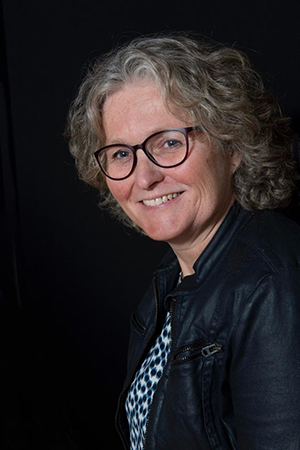Inclusive development in Africa

This Chair’s theme connects to debates on poverty and inequality, development paradigms and African perspectives on development. The Chair advances a critical perspective on this debate, using a behavioural and political economy approach to study processes of inclusion and exclusion in markets, socio-economic networks, organizations and development interventions at micro and meso level.
A concept under construction
Inclusive development is a key theme in global debates about poverty, featuring prominently in Agenda 2063, the UN 2030 Agenda for Sustainable Development and other (inter) national policy debates. Despite this increasing attention, the conceptual understanding of inclusive development is still under construction and the best strategies for achieving inclusive development are currently under debate.
Income inequalities
In the African context, the call for a ‘more inclusive’ development trajectory originates in the realisation that, despite high economic growth over the first decade of the 2000s, large groups of people remain excluded from this greater prosperity. Social indicators have shown only modest and uneven improvement, unemployment remains high, especially among the young, and income inequality within many countries has widened, especially during and after the COVID-19 pandemic. It is often suggested that the failure to address these inequalities and promote a more inclusive development poses a structural risk to Africa’s long-term sustainability and undermines social cohesion.
Governments and big business
Despite a growing middle class, a substantial number of citizens and especially marginalized groups (feel they) have not benefitted from economic gains at macro level. Many Africans, and particularly Africa’s youth, increasingly express that only ‘governments’ and ‘(international) big business’ have enjoyed the fruits of the rapid growth and that inequalities have widened (Milanovic, 2016), and worsened after the COVID-19 pandemic (Amnestly International 2020). Indeed, according to some measures, Africa has surpassed Latin America as the most unequal continent on earth.
Growing, young population
These persistent inequalities illustrate that there is a disconnect between developments at different levels of scale (micro, meso, macro and regional), and there are barriers to adequately transmitting prosperity and well-being between them. The trickle-down assumption does not hold. This disconnect manifests itself most clearly at the meso level, where markets, networks and organisations operate and development interventions and endogenous development processes meet. It is at this level where power struggles take place, and farmers, women, entrepreneurs, children are either included or marginalized (further). In the context of a growing and young population in Africa, coupled with rising inequality and unrest in certain countries, understanding these processes of inclusion and exclusion, as well as the parameters for inclusive development in Africa, is essential.
Policy relevance
Getting to grips with and documenting such processes is challenging. Inclusive development is at the core of the debate between policy stakeholders (ministries as well as practitioners) and academia. This debate takes place in the context of an increasing emphasis on quantitative impact evaluation work. This type of work is essential for our understanding of what works where. A strong empirical focus is the key to ensuring policy relevance and requires insightful exploration, combining different disciplinary perspectives and methodologies. This includes behavioural field experiments, survey data as well as focus group discussions and in-depth interviews. With the increasing realisation that human behaviour is bound by power structures and governed by incentives, this approach links to a growing emphasis on institutions and delves into the details of understanding the ‘how’ of development interventions.
Read the full text of the research intentions of this Chair.

